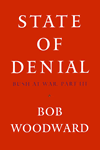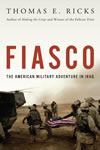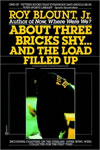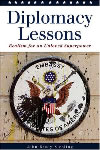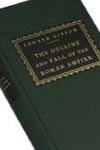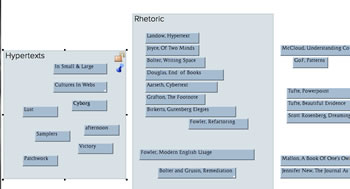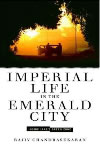When Apple added GarageBand to iLife a few years ago, I was intrigued by the argument that lots of people would want to make music themselves, if only the obstacles to getting started weren’t so overwhelming.
Has that worked out at all? Do people noodle with Garage Band? What do people do?
It seems to me that this is a very interesting new media story. Also, current new media scholarship seems wildly biased toward whatever is most popular and profitable in plain sight of old media. So we hear about whatever game is conspicuous in the US or Japan, but seldom hear about Korea. We hear about popular clips on YouTube, but seldom hear much about movies of the grandkids. I bet the Cute Little Kids are a lot bigger influence on new media than the ins and outs of DRM.....
